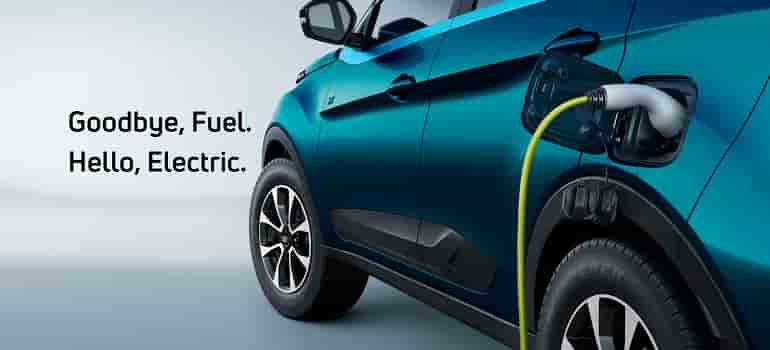TATA.ev’s expansion into Mauritius marks a significant milestone in the country’s shift toward sustainable transportation, reinforcing its commitment to a cleaner and greener future.
1. TATA.ev’s First Expansion Beyond SAARC
TATA.ev, a subsidiary of Tata Motors and India’s leading electric vehicle manufacturer, has entered the Mauritian market in partnership with Allied Motors. This marks the company’s first expansion beyond the SAARC region, showcasing its commitment to sustainable mobility on a global scale.
2. Three Electric Vehicles Introduced
The launch includes three models: Tiago.ev, Punch.ev, and Nexon.ev. These EVs are designed with high-voltage architectures, ensuring enhanced performance, efficiency, and safety. Each model offers terrain response capabilities and advanced comfort features, making them well-suited for diverse driving conditions.
3. Strong Commitment to Sustainable Mobility
Mauritius has been actively adopting green energy solutions to combat climate change. The government’s policies, including tax incentives and infrastructure development, support the transition to electric mobility. TATA.ev’s entry aligns with the country’s vision of reducing carbon emissions in the transportation sector.
4. Advanced Battery Technology and Impressive Range
Each vehicle in the lineup boasts industry-leading battery technology:
- Tiago.ev: 24kWh battery with a range of 190-210 km
- Punch.ev: 35kWh battery offering 270-290 km
- Nexon.ev: 45kWh battery providing 350-375 km
Additionally, all models come with an 8-year/160,000 km warranty on the battery and motor, ensuring long-term reliability.
5. Enhanced Customer Support and Charging Solutions
Allied Motors will handle sales and after-sales services, with technicians trained by Tata Motors to ensure seamless customer support. Buyers will receive a free 7.2 kW Home Charging Wall Box and cable, making home charging convenient and efficient.
TATA.ev’s expansion into Mauritius marks a significant milestone in the country’s shift toward sustainable transportation, reinforcing its commitment to a cleaner and greener future.


